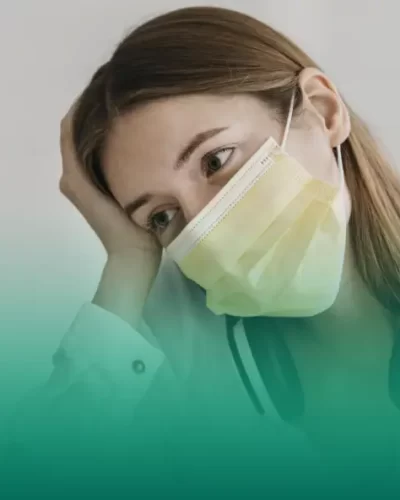Myth: It is beneficial to rinse your nose with sea water
Natural sea salt is composed primarily of 90-95% sodium chloride (NaCl) and contains up to 2% other minerals, including potassium, magnesium, sodium, manganese and iodine salts. These minerals provide significant benefits to the nasal mucosa.
The use of sea water rinses is an effective method of treating rhinitis and sinusitis in adults and children from birth. This method can be used several times a day over an extended period of time, preferably choosing ready-made solutions based on sea water.
With rhinitis and sinusitis, the vessels of the nasal mucosa dilate, causing swelling. Before rinsing your nose, it is recommended:
• Apply vasoconstrictor drops (no more than 5 days in a row). This will help narrow the blood vessels and reduce swelling, which will make the rinsing process easier.
• Wait 5-10 minutes until breathing becomes easier. This time will allow the drops to begin to act and improve the patency of the nasal passages.
• Start rinsing. After waiting for the specified time, you can begin the procedure of rinsing your nose with sea water or special solutions.
If the nose is blocked, fluid can enter the middle ear, causing an ear infection. Therefore, it is recommended to use vasoconstrictor drugs before washing. Before starting the procedure, it is important to consult with an otolaryngologist.
Myth: If you always wear a medical mask outside, you won’t get sick
People affected by influenza are able to transmit the virus over a distance of 2-3 meters. Most experts believe that the influenza virus spreads through droplets produced by coughing, sneezing, and even normal breathing.
However, you can get the flu by touching surfaces that have the virus on them and then touching your own mouth, nose, or eyes.
Wearing masks outdoors has limited value. In such settings there is usually no close contact with other people, which reduces the risk of infection.
However, in enclosed spaces or on public transport, the use of medical masks can help reduce the likelihood of infection. For more effective protection, you can use special respirators, which are also available in pharmacies.
The effectiveness of masks depends on the size of the pores in the material: the smaller they are, the higher the protection. The most inexpensive masks provide only basic protection. It is important to change the mask regularly – on average once every two hours or when wet/contaminated.
Myth: It’s better not to wash when the temperature is high
When it’s hot outside, it’s important to avoid hot baths or showers, especially if the water is too hot, as this can worsen discomfort and negatively affect the body.
Instead, it is preferable to choose warm water, which will help to gently lower your body temperature and create a feeling of comfort.
However, refusing hygiene procedures during illness is ineffective and even harmful. Taking a shower will help eliminate sweat, improve your mood and overall well-being.
If you experience weakness, dizziness or headache, it is recommended to wait until your condition improves or consult a doctor before taking a shower or bath.
It’s important to stay hydrated and rested in hot weather, so drink enough fluids and make sure you get the rest you need. Always follow your healthcare provider’s recommendations for how to care for yourself while you are sick.






